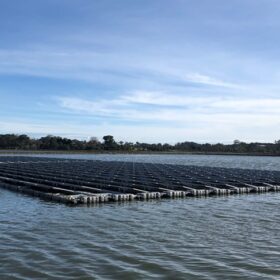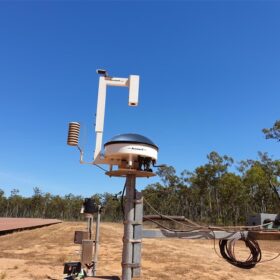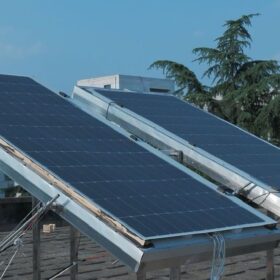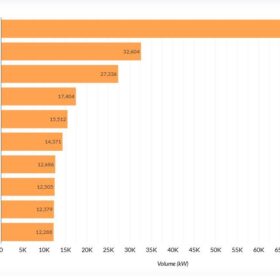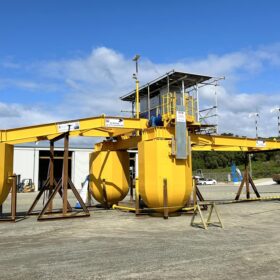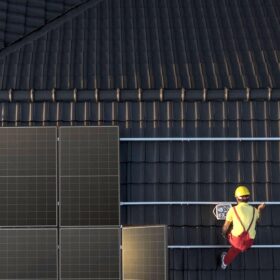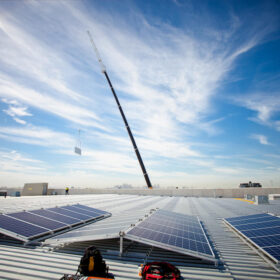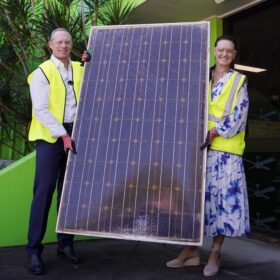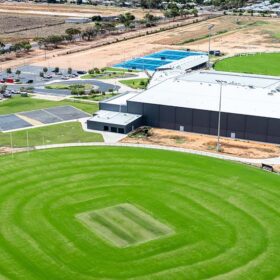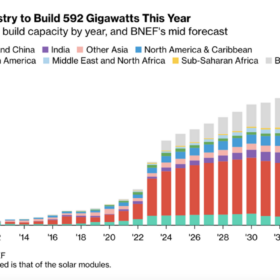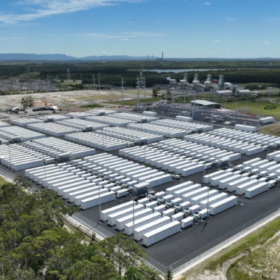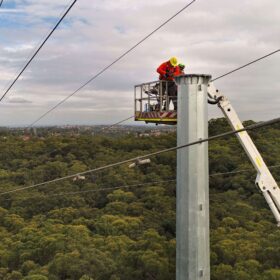Optimising bifacial solar panels for floating PV applications in tropical freshwater
New research from India shows how bifacial solar modules should be deployed to achieve strong performance in floating PV projects planned on tropical freshwater. Their experimental setup demonstrated that higher efficiency gains are achievable by gauging panel height, water depth, and tilt angle.
French forecast service targets Australian solar
With Australia’s clean energy transformation ramping up, French solar energy and weather forecasting service provider Reuniwatt has unveiled plans to expand its operations in the country with the focus to include large-scale PV projects.
Lightweight ventilated BIPV system for low-load rooftop applications
Scientists in China have designed a ventilated building-integrated photovoltaic system that relies on flexible solar modules with a weight of 6 kg/m2. The system also uses an airflow channel under the PV panels to reduce their operating temperature and increase their power yield.
Origin tops install rates as rooftop rollout reaches 278 MW for month
Origin Energy emerged as Australia’s largest rooftop solar installer in August with new data showing the nation’s households and businesses bolted on more than 28,000 PV systems with a combined capacity of more than 278 MW.
Next wave of electricity generation hinges on oceans of opportunity
A wave energy convertor to be launched off the coast of Western Australia mid September 2024, is the subject of a feasibility study to demonstrate renewable electricity can be sourced from the ocean’s motion.
Aiko promises more energy output in less space with n-type 470 W solar panel
Chinese solar manufacturer Aiko has achieved Clean Energy Council approval for its 470 W Neostar 2P solar panel, which boasts more power output in less space, with an added shade optimisation advantage.
Rooftop solar installation rates trending up as monthly volumes drop
Australia’s rooftop solar market has slowed with the latest monthly data from industry analyst SunWiz revealing that national installation volumes dropped off 7% in August compared to the previous month.
Sunshine state’s solar recycling plans power up circular economy
The Queensland government has launched a solar panel recycling scheme with the launch of the first of 15 sites collection sites that are to be established across the state. The program is expected to save 26 tonnes of broken or end-of-life solar panels from landfill annually and will inform the possible rollout of a nationwide scheme.
Victorian council solar install paves way to city’s 1 MW target
Mildura Rural City Council has completed a 99 kW rooftop solar system at a sporting precinct in the Victorian regional centre that is expected to generate more than 114,000 kWh of clean electricity per year, enough to satisfy 15% of the facility’s annual demand.
Solar module installations could hit 592 GW in 2024
BloombergNEF says the global solar industry will install 592 GW of modules this year, up 33% on 2023. The consultancy has also lowered its estimate for 2024 polysilicon production, as manufacturers are temporarily scaling back output.
